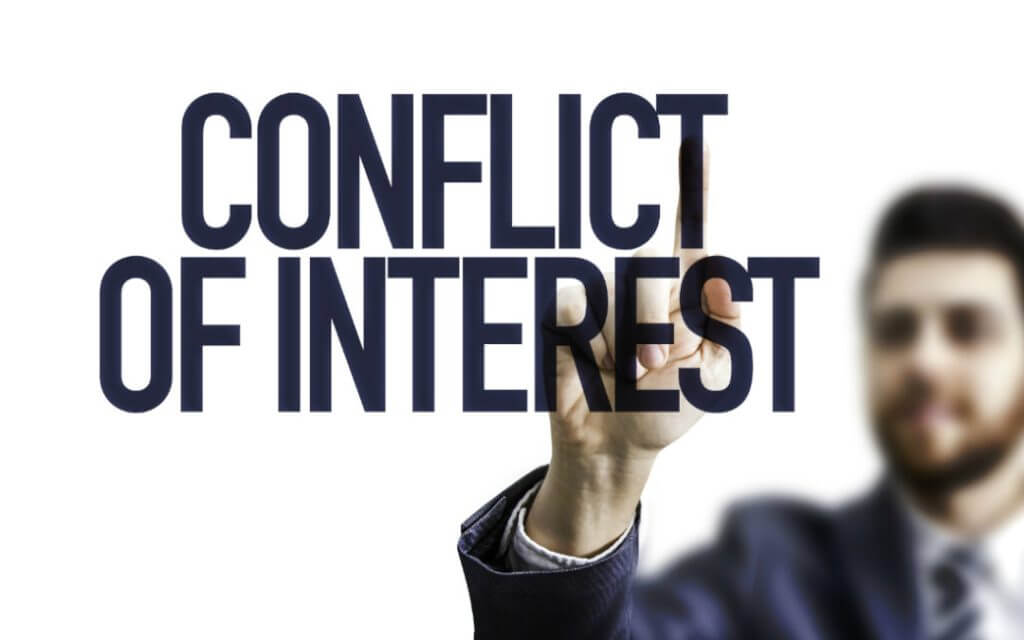A conflict of interest (eCOI) is a situation in which personal or financial considerations may cloud the judgment of a professional. The professional could be a doctor, lawyer, accountant, or a researcher. For example, if a researcher is provided with financial grants from a pharmaceutical company to conduct his/her research, the researcher may be inclined to produce results favorable to the company, thereby relinquishing objectivity and affecting the veracity of the research.
In the biomedical research industry, a COI is even more damaging because at stake are thousands of patients who would benefit from the research, directly or indirectly. When a conflict of interest arises, it has the potential to erode the confidence and trust reposed on the researcher as well as on the research organization. Therefore, it is of vital importance to proactively anticipate, effectively manage, and completely eliminate any chance of a conflict of interest. This is where voluntary disclosure of COI comes into play.
To prevent COI complications, the National Institutes of Health recommended some guidelines in 1989, requiring all researchers to disclose all financial interests of investigators. This was deemed too constricting for the researchers and was thus quite an unpopular measure. In 1994, the Public Health Service (PHS) and the National Science Foundation (NSF) proposed revised guidelines centered on the concept of disclosure and peer review. These recommendations came into effect on October 1, 1995, and under them, a research organization only needed to report the existence of a COI but didn’t necessarily need to give all details regarding it. In the year 2011, the regulations underwent yet another revision under which they provided clear directions for managing disclosure of COI.
In many organizations, financial COI disclosures have to be made at a specific time annually by all those involved in research, viz., principal investigators, assistants, laboratory staff, faculty, and so on. Numerous different forms have to be filled in by all concerned parties and submitted for investigation and review by the reviewer of the institution/organization. It is usually the responsibility of the principal investigator to ensure that his subordinates fill in the details of financial disclosures and submit the correctly completed forms to the authorities.
Other than financial, there are other kinds of COI, viz. personal bias, and academic and intellectual conflicts.
Disclosures of conflict of interest are also meant for those individuals and groups that will be ultimately affected by the results of the research performed by the research staff and faculty.
Failure to report any COI-related information can lead to disciplinary action at the lower (institutional) level, and corrective action and even criminal prosecution at the highest levels. Even a likelihood of a COI that is not disclosed has the potential to damage the reputation of research scholars and staff, as well as taint the organization connected to them.
Therefore, it is imperative for anyone associated with a research organization to make full and clear disclosures of any kind of conflict of interest to the authorities for a trouble-free progress of their research program. Today, excellent software is available that can make the management of COI disclosures painless and hassle-free. Simplifying the process of managing COI disclosure procedures across multiple projects, these software programs allow researchers to track and report on COI-related topics, in order to eliminate even a perception of research bias or conflict. Key Solutions Inc. is one of the providers offering software for managing COI disclosure procedures.


